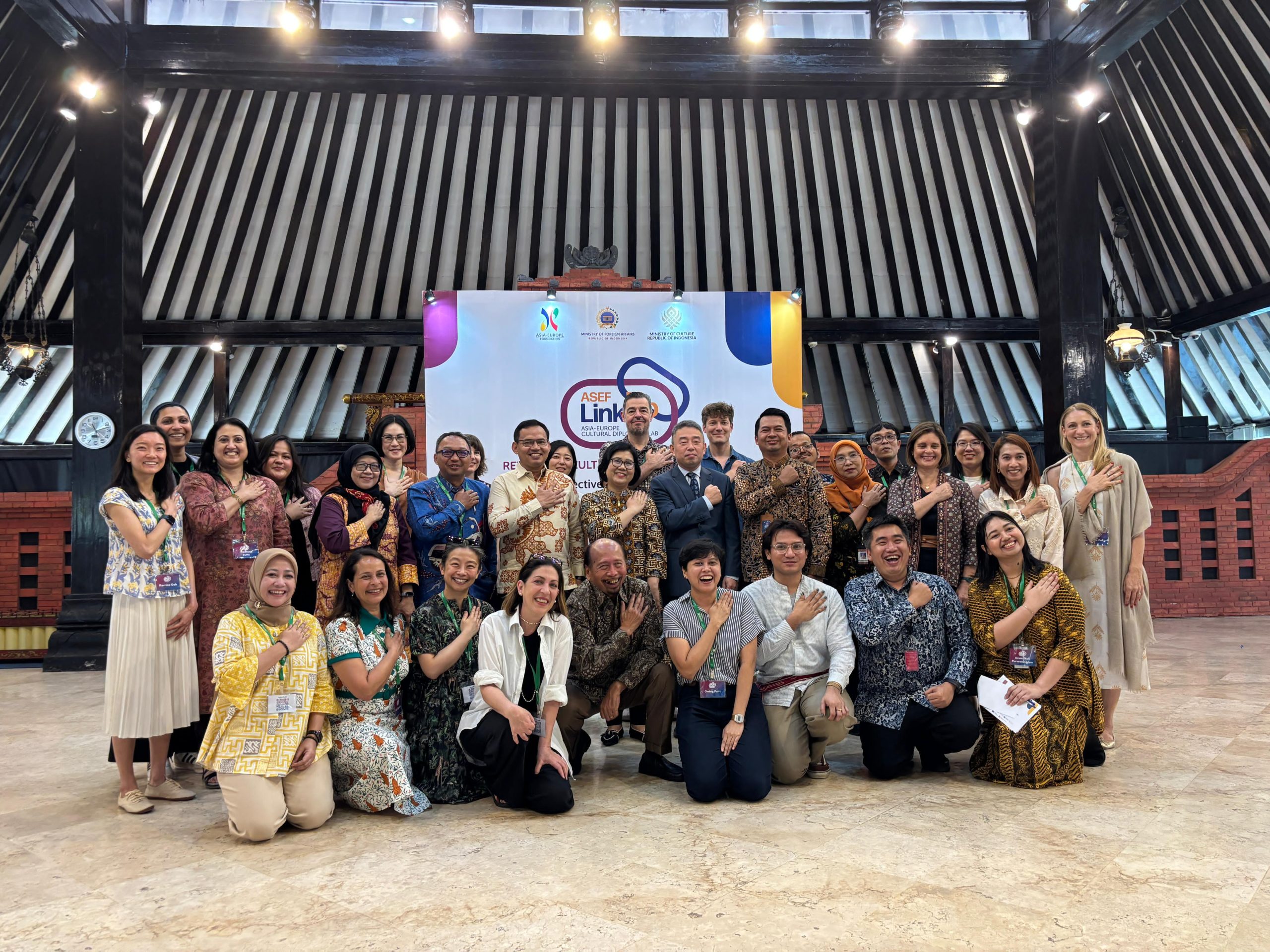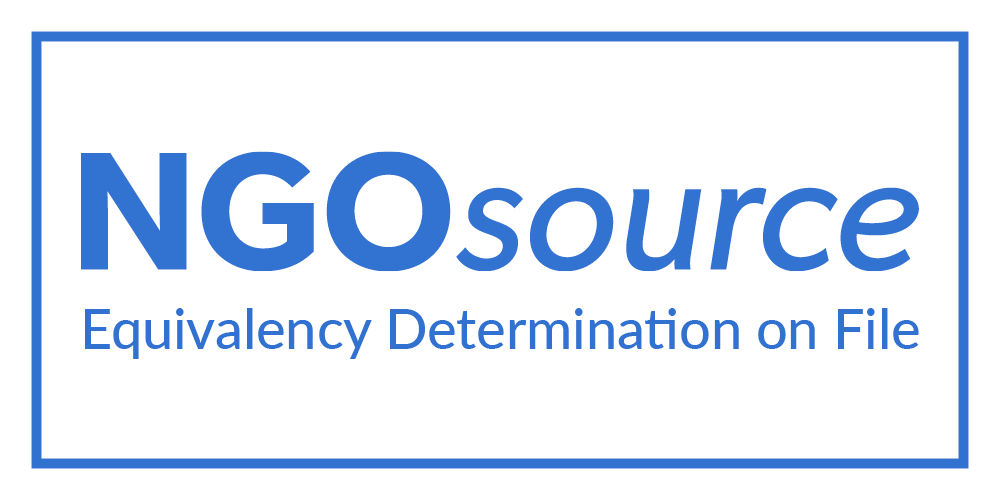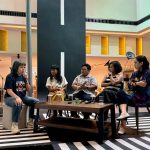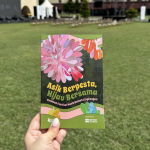Photo Credit: UNESCO Secretariat of the 2005 Convention
Ratri Ninditya, Research Coordinator at Koalisi Seni and a member of UNESCO culture expert facility, was recently invited to speak at a panel during UNESCO Headquarters Paris’ event “Celebrating 20 Years of Empowering Creativity.” The discussion centered on artistic freedom and the protection of fundamental human rights.
As one of the few organizations in Indonesia that systematically monitors and documents violations of artistic freedom, Koalisi Seni plays a vital role in both policy advocacy and risk mitigation. During the event, Ratri shed light on the unique challenges that artists in Indonesia face—many of which remain hidden from public view.
“The biggest challenge in Indonesia is that oppression is often invisible,” Ratri explained. “It happens gradually, through inconsistencies in the regulations, moodylaw enforcement, and the government’s ongoing failure to protect and uphold artists’ rights.”
She described how, although Indonesia presents itself as a democracy, many artists live under what she called “the politics of fear,” leading to self-censorship. This dynamic, she said, is rooted in the country’s authoritarian past. From 1965 to 1998, cultural violence suppressed artistic expression, and despite hopes of reform after 1998, these aspirations have been eroded by the increasing centralization of power.
Ratri also drew attention to the experiences of queer communities. “For LGBTQ+ artists, it’s a double-edged sword,” she said. “Visibility may be increasing, but so is anti-queer sentiment. Many are pushed to the margins geographically, socially, and economically. Historically, gender-diverse communities played a central role in Indonesian culture, but today, they are being erased from public spaces and memories.”
She explained that many of today’s norms are not indigenous but were introduced through colonial rule, noting how heteronormativity became a tool of control. In contrast, pre-colonial Indonesian societies often embraced gender diversity.
In response to these complex challenges, Koalisi Seni has focused on building awareness and connecting stakeholders. Since 2020, they have developed an online monitoring platform that documents violations and allows individuals to report incidents. The platform also connects victims with relevant support organizations.
“We rely heavily on the media for monitoring, so we are conducting training for journalists to write a more comprehensive report on artistic freedom using consistent terminology,” Ratri said. “We’ve also equipped artists with risk-mitigation tools and created space for collaboration across communities.”
One notable achievement includes the inclusion of Koalisi Seni’s data in Indonesia’s official submission to the UNESCO 2005 Convention’s Quadrennial Periodic Report, enhancing visibility for artistic freedom in human rights discourse.
Looking forward, Ratri called for stronger systems of support: “We need to enhance social and economic protections for artists, particularly those from gender-diverse groups, through inclusive, transparent mechanisms grounded in positive action. Anti-discrimination legislation is urgently needed. We must eliminate all forms of censorship and gender-based violence.”
She concluded with a call to action for the arts community: “Let’s focus on building support and care networks, strengthening gender mainstreaming in unions, and fostering collaborations between established institutions and smaller queer-led organizations.”
Ratri also encouraged artists and cultural workers to read Koalisi Seni’s research reports as tools for reflection, advocacy, and collective action.

Photo Credit: ASEF LinkUp 2025
As a leading advocate for artistic freedom in Indonesia, Koalisi Seni was also invited to participate in ASEF LinkUp 2025: Asia-Europe Cultural Diplomacy Lab. The program was organized in partnership with the Ministry of Foreign Affairs and the Ministry of Culture of Indonesia, with support from the Yogyakarta Royal Palace, the Regional Government of the Special Region of Yogyakarta, Sonobudoyo Museum, ArtJog Festival, UNESCO Jakarta, and ENCATC, the European network on cultural management and policy.
This year’s edition, held in Yogyakarta, centered on the theme “Rethinking Cultural Diplomacy Together” and gathered eight arts-sector participants from Brunei Darussalam, Cambodia, India, Indonesia, Italy, Switzerland, and the United Kingdom, alongside nine government representatives. Participants contributed insights from their respective regions and practices, highlighting current challenges and possibilities in cultural diplomacy.
Indonesia was spotlighted for its diverse arts ecosystem. Local organizations and artistic initiatives are known for integrating creative practice with social, cultural, and environmental issues. Yet despite this vibrancy, equitable and open participation across institutions, communities, and individuals remains a persistent hurdle, particularly in international cultural cooperation.
Participants from Indonesia emphasized the lack of recognition for artistic freedom as a structural barrier. As defined by UNESCO, artistic freedom includes the right to create without censorship or intimidation and the right to participate freely in cultural life.
“For cultural diplomacy to be truly impactful, it must go beyond representation and embrace structural change by amplifying the voices of cultural actors, supporting their rights, and aligning national narratives with the lived realities of those sustaining culture on the ground,” said Oming Putri, Koalisi Seni’s Organisational Development and Partnership Manager.
The lack of acknowledgment of artistic freedom as essential often leads to public policies that fail to uphold freedom of expression and creativity. This weakens the diversity of cultural voices and limits the transformative potential of cultural diplomacy.
Amid global volatility and shifting priorities, ASEF LinkUp participants underscored several priorities, such as the importance of involving local communities and underrepresented voices, the development of frameworks that recognize and protect artistic freedom, and the creation of supportive environments that allow for long-term, sustainable cultural cooperation.
By highlighting both shared dilemmas and region-specific concerns, ASEF LinkUp 2025 opened space for meaningful dialogue between the arts and public sectors, offering a platform to co-develop more coordinated, inclusive, and equitable models of cultural collaboration across borders.




